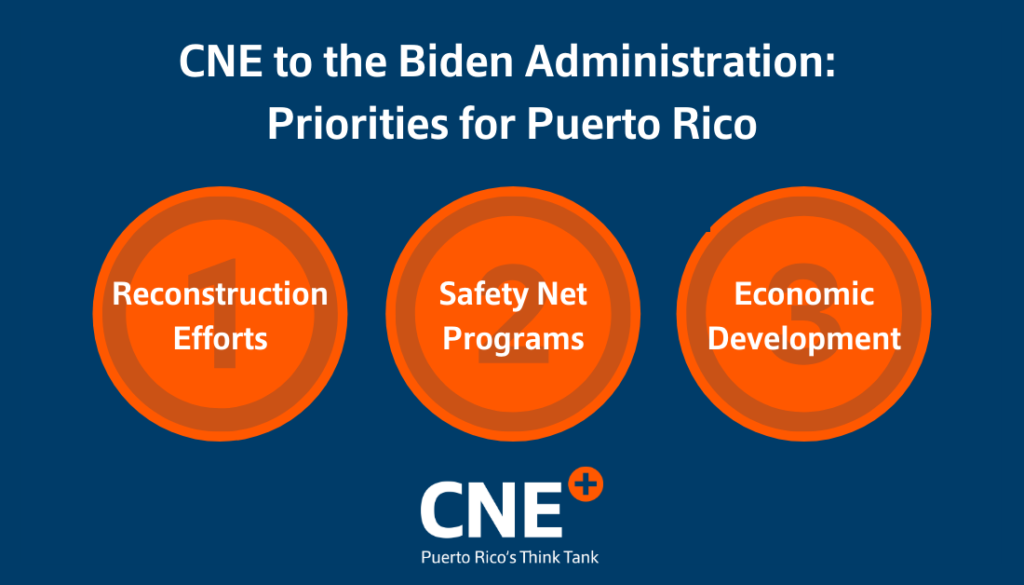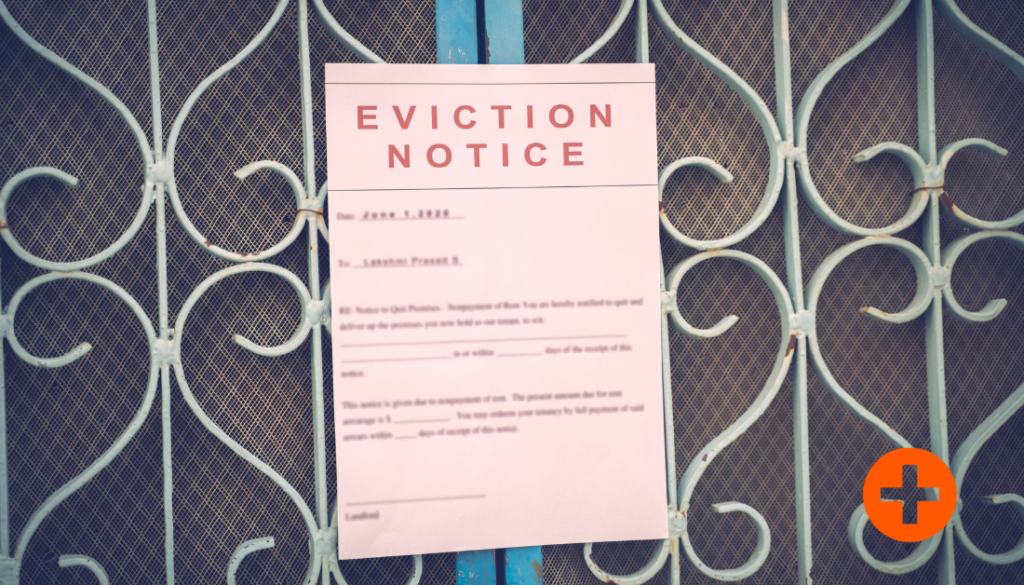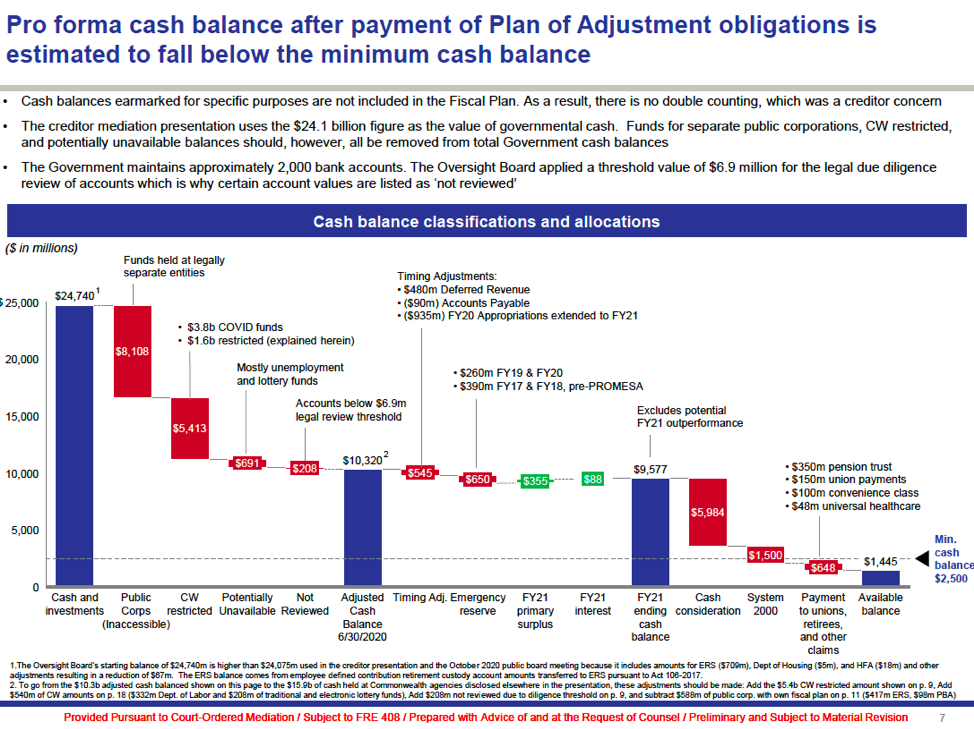
Published on January 14, 2021 / Leer en español
Dear Readers:
The New Year has begun with an assault on the US Capitol by supporters of President Trump who, after being fed a steady diet of propaganda, lies, and misinformation, refuse to accept the results of the November 2020 elections. The president himself incited the crowd to attack the Capitol and is now subject to a second impeachment effort in the House of Representatives.
However, the long-term causes of the current political polarization can be traced all the way back to the origins of the United States. While the US Constitution begins with the words “we the people”, the notion of just who constitutes “the people” has always been contested, since the very beginning. Back in 1787, it did not include Native Americans, slaves, and women. In most states, even white males without property could not vote.
With time several groups have slowly and bloodily earned their right to be included in the American polity. However this slow and steady expansion of “we the people” has always generated violent reactions from nativist, xenophobic, racist, and anti-government groups and movements. Among many others, we can mention the Whiskey Rebellion of 1791, the “Know Nothing Party” of the 1850s, the KKK, the John Birch Society, the Minutemen Militia, and the Oath Keepers. What we are witnessing today is yet another battle in this long-running conflict, as racial, ethnic, and gender advocates fight to be treated with dignity and respect by a rapidly-dwindling but still privileged white majority.
Right now the US is almost evenly divided, just like the US Senate, between the forces of exclusion and those who seek a more perfect union. But in this conflict, those who seek division and marginalization have two advantages. First, they control most of the local and state power structures, and in many cases enjoy the quiet support of the police and members of the armed forces. Second, they have always been ruthless in wielding their power. As Roxane Gay writes in the New York Times: “These people do not care about working with their colleagues on the other side of the proverbial aisle. They have an agenda, and whenever they are in power, they execute that agenda with precision and discipline. And they do so unapologetically.”
This is not to say the other side is defenseless. But it will have to be willing to get into a lot of “good trouble” as John Lewis used to say. And it will have to be willing to use every ounce of whatever power it has at its disposal to forge a more equitable, charitable, and just country.
—Sergio M. Marxuach, Editor-in-Chief
Insights + Analysis from CNE

By Rosanna Torres – Director, Washington D.C. Office
The Biden-Harris Administration has the overwhelming task of rebuilding a weakened economy, investing in a crumbling infrastructure, restoring America’s reputation abroad, dispelling conspiracy theories, and uniting a deeply divided society, all the while addressing a global pandemic that continues to kill thousands of people a day.
In Puerto Rico, the magnitude and depth of issues are even more daunting, and could instinctively move officials to tackle everything at once. However, in order to avoid some of the mistakes of the past, it is our recommendation that officials instead opt for a more targeted and strategic approach – one that provides Puerto Rico access to the federal safety net programs that benefit millions of Americans every year. Any resolution to Puerto Rico’s bleak economic problems requires a profound commitment to correct systemic failings that have lingered for far too long.
The new Administration has proposed a comprehensive plan for the island. Key to the effectiveness of any plan for Puerto Rico is the capacity to coordinate efforts among all relevant actors and ensure residents and community leaders play a leading role in these efforts.
The CNE D.C. team has shared the following Transition Memo with the new Administration, urging them to focus their energy on providing the residents of Puerto Rico equal access to federal programs — such as Medicaid, SSI, SNAP, and the EITC — and reconstruction funding to avoid poverty traps and spur economic growth.
Rosanna Torres explains what the new federal administration’s priorities should be for Puerto Rico.

Coronavirus Emergency Rental Assistance for Puerto Rico
By the CNE Research & Policy Teams
The Consolidated Appropriations Act of 2021 (the Act) included $25 billion in emergency rental assistance for FY 2021, with a $400 million carve-out for Puerto Rico, U.S. Virgin Islands, Guam, American Samoa, and the Commonwealth of Northern Mariana Islands. The Act states that the Secretary of the Treasury will make allocations for the territories based on population size and eligibility. Estimates from the National Low-Income Housing Coalition (NLIHC) place the amount available for Puerto Rico at $325 million.
According to the analysis carried out by the CNE Research and Policy teams, the amount allocated to Puerto Rico for rental assistance under this program can cover 8 months of rent and utility expenses for some 52,191 households.
Data Snapshot
Commonwealth’s Cash Balance

Source: FOMB – Creditor Mediation Cash Support Materials, December 17, 2020
The Commonwealth’s cash balance has been the subject of much speculation by the press and creditor groups. But as the Fiscal Oversight and Management Board (FOMB) explains in a December 17, 2020 filing, cash available for creditors is significantly less than the topline number of $24 billion. According to the FOMB:
- While total governmental cash was $24.7 billion as of June 30, 2020, only $15.9 billion of that amount is held by Central Government agencies.
- Of the $15.9 billion, $5.4 billion are restricted funds, including $3.8 billion in CARES Act funds and $1.6 billion in remaining funds classified as restricted.
- $6.0 billion in cash is contemplated to be allocated to Commonwealth creditors per the latest Oversight Board proposal.
Thus, approximately 63% of projected available cash at the end of FY21 is earmarked as cash consideration for creditors under the proposed Plan of Adjustment (POA). That is a significant amount of funding. However, creditors are not satisfied, even though the cash balance after the payment of POA obligations is forecast to fall below the minimum cash balance required by the certified Fiscal Plan.
We urge all parties to be reasonable in these negotiations and to keep in mind that PROMESA not only requires the payment of a sustainable amount of public debt but also the continuous provision of essential government services and the adequate funding of public pensions.
On Our Radar...
![]() Pandemic Year 2 – “The pandemic will end not with a declaration, but with a long, protracted exhalation. Even if everything goes according to plan, which is a significant if, the horrors of 2020 will leave lasting legacies. A pummeled health-care system will be reeling, short-staffed, and facing new surges of people with long-haul symptoms or mental-health problems. Social gaps that were widened will be further torn apart. Grief will turn into trauma. And a nation that has begun to return to normal will have to decide whether to remember that normal led to this. ‘We’re trying to get through this with a vaccine without truly exploring our soul,’” writes Ed Yong for The Atlantic.
Pandemic Year 2 – “The pandemic will end not with a declaration, but with a long, protracted exhalation. Even if everything goes according to plan, which is a significant if, the horrors of 2020 will leave lasting legacies. A pummeled health-care system will be reeling, short-staffed, and facing new surges of people with long-haul symptoms or mental-health problems. Social gaps that were widened will be further torn apart. Grief will turn into trauma. And a nation that has begun to return to normal will have to decide whether to remember that normal led to this. ‘We’re trying to get through this with a vaccine without truly exploring our soul,’” writes Ed Yong for The Atlantic.
![]() Is it a Comeback, Yet? – Economists surveyed by the Wall Street Journal believe that 2021 could be the best year for job creation in the United States since 1939 when the federal government began keeping records. “However, even after robust hiring this year…the economy will still be about 4 million jobs short of its pre-pandemic level”, as many businesses have been permanently closed and millions of people struggle to re-enter the workforce after a long period of unemployment.
Is it a Comeback, Yet? – Economists surveyed by the Wall Street Journal believe that 2021 could be the best year for job creation in the United States since 1939 when the federal government began keeping records. “However, even after robust hiring this year…the economy will still be about 4 million jobs short of its pre-pandemic level”, as many businesses have been permanently closed and millions of people struggle to re-enter the workforce after a long period of unemployment.
![]() In Denial – “Were the Trump supporters violently occupying the U.S. Capitol America? Was all that violence, all that antidemocratic sentiment, who Americans partially are? Did more than 74 million Americans vote for Trump? Do 77 percent of those voters believe what he believes, what those insurrectionists who sacked the Capitol believe, against all evidence to the contrary: that the election was stolen from Trump and that he actually won? Is all that happened on January 6 part of America? It is. They are. All of what we saw at the U.S. Capitol is part of America. But what’s also part of America is denying all of what is part of America. Actually, this denial is the essential part of America. Denial is the heartbeat of America…” states Ibram X. Kendi in this powerful piece for The Atlantic.
In Denial – “Were the Trump supporters violently occupying the U.S. Capitol America? Was all that violence, all that antidemocratic sentiment, who Americans partially are? Did more than 74 million Americans vote for Trump? Do 77 percent of those voters believe what he believes, what those insurrectionists who sacked the Capitol believe, against all evidence to the contrary: that the election was stolen from Trump and that he actually won? Is all that happened on January 6 part of America? It is. They are. All of what we saw at the U.S. Capitol is part of America. But what’s also part of America is denying all of what is part of America. Actually, this denial is the essential part of America. Denial is the heartbeat of America…” states Ibram X. Kendi in this powerful piece for The Atlantic.
